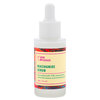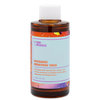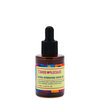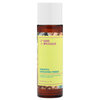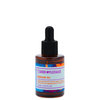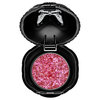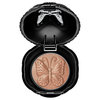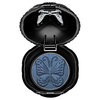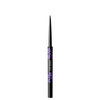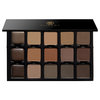
Admit it. You love a selfie. You take them. You post them. You light up when people like them. You’re not totally narcissistic—you like it when others post their own selfies, too. In fact, I bet you can name a handful of accounts you follow for the selfies alone!
How come selfies have taken such a beating? For one thing, the name is tragic: saying “selfie” out loud is enough to make one’s skin crawl. Turning the camera on yourself can at times, feel vain. To some, the idea of posting a picture of their own mug seems like a lazy attempt at fishing for compliments.
But we think indulging in a daily self portraiture session is nothing to feel guilty about. What’s so bad about a little vanity? As makeup lovers, it’s not just our face we’re showing off to the world, it’s our talent. A selfie becomes the perfect way to showcase a new eyeliner technique. It becomes a way of sharing our favorite new products with other makeup lovers. It’s also a way for us to keep a log of our abilities—we can see how far we’ve come in our styling since our brief forays into hair chalking or ombre everything-at-once. That alone can be gratifying, to say the least.
But, admittedly, there is a dark side to the selfie. We sometimes find ourselves prioritizing our photo snapping over truly experiencing a memorable moment. Touring a new city or meeting a famous person for instance is often rushed in the form of a fleeting front-facing camera snap. This is brought to extreme in the short film Aspirational by Matthew Frost and starring Kirsten Dunst as herself, dealing with two selfie-snapping strangers.
Reckless selfie taking is showing the world what we’ve experienced is more important than living in the moment itself. Stranger still, there is now pressure to make an entirely average experience appear enviable. For example, going out for a weekend drink instantly makes you an unavoidable photo bomb behind duck-faced girls trying to make their Saturday night look epic and wild. Mundane events like high school reunions or holidays with the family have high points that last ten seconds long, as bored revelers turn the camera on themselves to capture all the “fun” they’ve been having. What good are these semi-false reminders of our experiences doing the memory of our lives in the long run? What’s more, is there even such thing as a sad selfie?
And then there’s the whole issue of “liking.” How about those posts that include a great selfie, with an awful caption? “My car just got towed” or “Didn’t get the job” they read under a well lit photo of your friend wearing the shade of lipstick you’ve been eyeing all week. Does this require a double tap? A comment? Maybe both and an obligatory phone call. I guess in a world where a robotic “like” is the only option for selfie reaction, it rules out the use of anything but a happy selfie. Imagine if this was the only way to react to self portraits in the past; the mindblowing self portraits of Frida Kahlo or Cindy Sherman summed up in a single “like”. Perhaps it’s not our desire to take selfies that comes off as vacuous and empty, it’s the format in which we receive and react to them.
It’s unfortunate, considering we all have a face and there’s nothing wrong with showing it off. The recent TV show Selfie aims to comment on the low points of selfie taking, associating self documentation with social climbing, isolation, and low intelligence. These stereotypes didn’t come out of nowhere, but how much of it is based in fact vs taking an easy jab at the way women and feminine folks choose to express themselves? Aren’t we over the beauty vs brains argument by now?
Call it vanity if you want. We beauty lovers will always appreciate a good selfie. Better yet, we’ll cherish our own selfies down the road. We’ll be taking selfies long after the the trend dies down—because we were taking them before the trend even started! Though the climate around selfie taking has a long way to go, the self love that comes from the act of taking a selfie is more of an ego boost than any number of comments on Facebook. The thing we should remember is to keep it all in perspective. Don’t let self photography stop you from experiencing a moment or maintaining a social life. Don’t let it dominate your day or evening. But if it’s ever a real question on whether or not to snap one, we say go on—take a selfie.
You Might Also Like
-
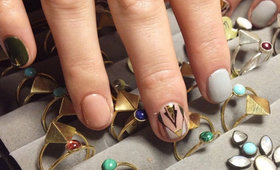
Nails
Nail Art Superstar: Astrowifey
- 460
-
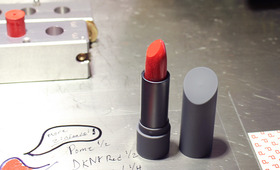
Lips
Want The Perfect Lipstick? Try BITE’s Lip Lab in NYC
- 1056
-
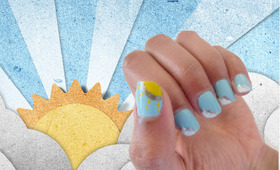
Tutorials
How To: Blue Sky Manicure
- 1643
-

Inspiration
New Year’s Resolutions That Are Easy To Keep
- 222
-

Inspiration
Makeup to Match Your Bubbly
- 1
-
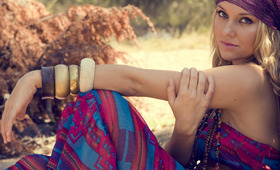
Inspiration
Bohemian Beauty Inspiration
- 182
-
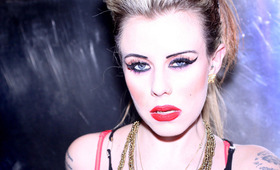
Inspiration
Rock This Look: The Opera Singer Turned Punk Star Who “Never Leaves Home Without Falsies”
- 160
-
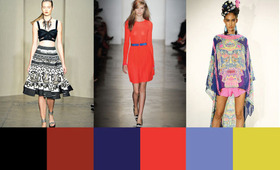
Trends
Spring/Summer Fashion Week Color Trends 2012
- 37



